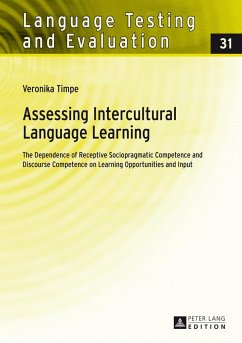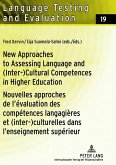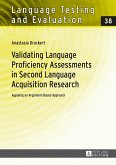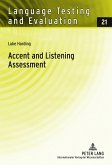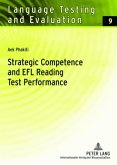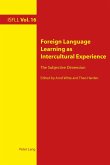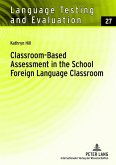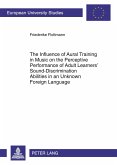Although Intercultural Communicative Competence (ICC) has become a key objective in foreign language (FL) education, curricula offer little in how language teachers can promote ICC through language instruction. This book responds to the challenge of how intercultural language learning can be accounted for more profoundly in FL teaching. By means of innovative intercultural assessments, the author investigates the development of three language competences central to ICC in relation to learning opportunities as experienced by German learners of English. Audiovisual media were found to be a major input factor in the development of intercultural language abilities. The book ends with a discussion of how audiovisual media can be implemented in secondary and tertiary FL and teacher education.
«Timpe's book presents a thoroughly empirical attempt to measure discourse-related constructs, the very nature of which make them more difficult to manipulate than, for example, form-related ones, such as those of a grammatical, morphological or phonological nature. [...] This is a thought-provoking book, which addresses profound questions concerning the relationship between knowledge, identity, learning and membership.» (Jose I. A. Rio, Linguist List, April 2015)

